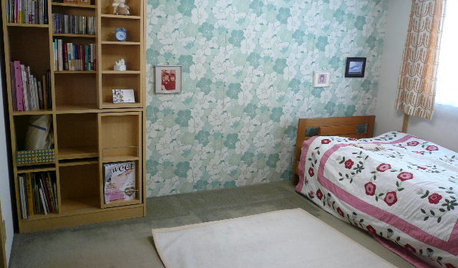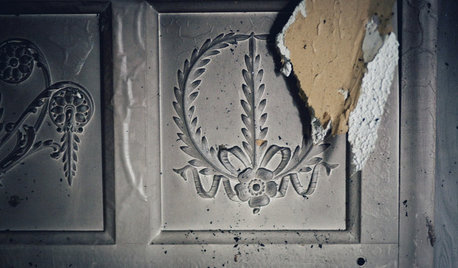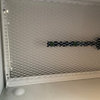Can something besides CO2 cause illness?
alisande
16 years ago
Related Stories

FUN HOUZZ10 Fantasy Dining Rooms for a Good Cause
Outlandishly creative or subtle and sophisticated, these designer spaces for Serving Up Style 2013 show admirable imagination
Full Story
URBAN GARDENSGardeners Champion Nature's Cause in the City
Garden advocates and artists in San Francisco have joined forces to find creative ways to bring nature back into the urban landscape
Full Story
KITCHEN DESIGNNew This Week: 3 Modern Kitchens With Something Special
Looking to make your kitchen feel unique? Look to these spaces for inspiration for tile, style and more
Full Story
FUN HOUZZSomething a Little Different: Fairy Houses
Miniature abodes crafted for otherworldly creatures capture the imagination
Full Story
BOOKSCan Tidying Up Result in Life-Changing Magic?
Organizing phenom Marie Kondo promises big results — if you embrace enormous changes and tough choices
Full Story
LIFEWe Can Work It Out: Living (and Cleaning) Together
Run a household without fussing and fighting with these ideas for how to work together on household chores
Full Story
LIFEHow Your Landscaping Can Keep Burglars Away
Prevent home break-ins with strategic landscaping and good practices instead of menacing — and maybe less effective — measures
Full Story
MOST POPULAR9 Real Ways You Can Help After a House Fire
Suggestions from someone who lost her home to fire — and experienced the staggering generosity of community
Full Story
PETS5 Finishes Pets and Kids Can’t Destroy — and 5 to Avoid
Save your sanity and your decorating budget by choosing materials and surfaces that can stand up to abuse
Full Story
LAUNDRY ROOMSThe Cure for Houzz Envy: Laundry Room Touches Anyone Can Do
Make fluffing and folding more enjoyable by borrowing these ideas from beautifully designed laundry rooms
Full StoryMore Discussions







baymee
tmajor
Related Professionals
Norton Solar Energy Systems · Whitman Solar Energy Systems · Whitney Solar Energy Systems · Ashburn Home Automation & Home Media · Asheville Home Automation & Home Media · Birmingham Home Automation & Home Media · Gilbert Home Automation & Home Media · Leesburg Home Automation & Home Media · Newport Beach Home Automation & Home Media · Orange County Home Automation & Home Media · Pine Hills Home Automation & Home Media · San Pablo Home Automation & Home Media · Seattle Home Automation & Home Media · Evergreen Park Fireplaces · Germantown FireplacesalisandeOriginal Author
tmajor
tmajor
mr_havac
tmajor
fsq4cw
alisandeOriginal Author
alisandeOriginal Author
Tinmantu
don21
tmajor
pjb999
tmajor
mr_havac
mike13
alisandeOriginal Author
vstech
tmajor
Tinmantu
alisandeOriginal Author
brickeyee
plusfour
baymee
ilmbg
joeplumb
baymee
alisandeOriginal Author
dirkroper
brickeyee
baymee
brickeyee
wallynut
brickeyee
baymee
mechacc1
kermit_chem
kermit_chem
kermit_chem
energy_rater_la
brickeyee
AlexC01